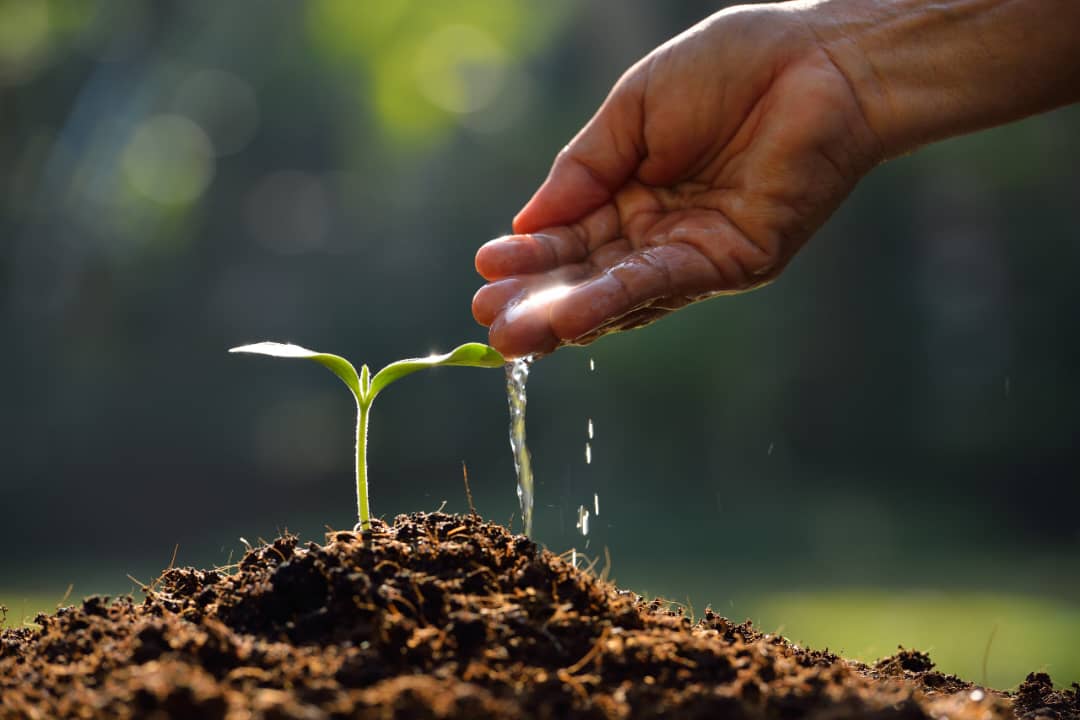Agriculture is the backbone of many African economies, providing livelihoods for millions of people. However, the sector faces numerous challenges, including water scarcity, which threatens food security and sustainable development. Promoting water conservation in African agriculture is crucial to ensure the long-term sustainability of the sector.
The Importance of Water Conservation in African Agriculture
African agriculture is heavily reliant on rainfall, which is often unpredictable and variable. Climate change has exacerbated this variability, leading to more frequent droughts and floods. As a result, farmers are facing significant challenges in accessing reliable water sources for irrigation.
Water conservation is essential to address these challenges. By adopting water-saving practices, farmers can reduce their water usage, improve crop yields, and enhance their resilience to climate change.
Strategies for Promoting Water Conservation in African Agriculture
- Rainwater Harvesting: Rainwater harvesting involves collecting and storing rainwater for irrigation. This technique can significantly reduce the demand on groundwater and surface water sources.
- Drip Irrigation: Drip irrigation delivers water directly to the roots of plants, reducing evaporation and runoff. This technique can save up to 50% of water compared to traditional irrigation methods.
- Mulching: Mulching involves covering the soil with organic materials to reduce evaporation and retain moisture. This technique can also improve soil health and fertility.
- Crop Selection: Farmers can select crops that are drought-tolerant or require less water. This can help reduce water usage and improve crop yields.
- Soil Conservation: Soil conservation practices, such as contour farming and terracing, can help reduce soil erosion and retain moisture.
- Water-Efficient Technologies: Water-efficient technologies, such as precision irrigation and soil moisture sensors, can help farmers optimize their water usage and reduce waste.
- Extension Services: Extension services can provide farmers with training and support on water conservation practices, helping them to adopt new technologies and techniques.
- Policy and Regulatory Frameworks: Governments can establish policy and regulatory frameworks that promote water conservation in agriculture. This can include incentives for farmers who adopt water-saving practices and regulations that limit water usage.
Case Studies
- Kenya’s Rainwater Harvesting Program: Kenya’s government has established a rainwater harvesting program, which provides subsidies to farmers who install rainwater harvesting systems. The program has helped to increase water availability for irrigation and reduce the demand on groundwater sources.
- South Africa’s Drip Irrigation Initiative: South Africa’s government has launched a drip irrigation initiative, which provides funding and technical support to farmers who adopt drip irrigation. The initiative has helped to reduce water usage and improve crop yields.
Challenges and Opportunities
- Limited Access to Finance: Many farmers in Africa lack access to finance, which can limit their ability to adopt water-saving technologies and practices.
- Limited Technical Capacity: Farmers may require training and technical support to adopt new water conservation practices and technologies.
- Climate Change: Climate change is exacerbating water scarcity in Africa, making it essential to adopt water conservation practices that can help farmers adapt to changing weather patterns.
- Opportunities for Innovation: The water conservation challenge in African agriculture presents opportunities for innovation, including the development of new technologies and practices that can help farmers reduce their water usage.
Conclusion
Promoting water conservation in African agriculture is essential to ensure the long-term sustainability of the sector. By adopting water-saving practices and technologies, farmers can reduce their water usage, improve crop yields, and enhance their resilience to climate change. Governments, international organizations, and civil society organizations must work together to support farmers in adopting water conservation practices and to address the challenges that limit their ability to do so.

